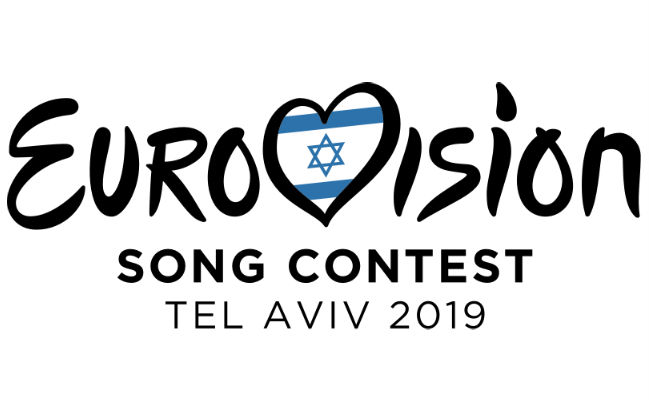
What is the Eurovision Song Contest?
Started way back in 1956 as a way of drawing a fractured Europe back together with the healing power of music, the Eurovision Song Contest, or Concours Eurovision de la Chanson – the contest is telecast in both English and French – is open to all active members of the European Broadcasting Union, which oversees the competition.
Each country is permitted to submit one three-minute song to the contest – a song which is selected by a variety of means, usually a winner-takes-all competition such as Sweden’s renowned Melodifestivalen – which they perform in one of two semi-finals in the hopes of making it to the glittering grand final.
Only six countries have direct entry into the grand final:
* The Big Four who fund most of the contest – UK, Germany, France and Spain
* The host country (which is the winner of the previous year’s contest)
* Italy, who didn’t take part for many years and was re-admitted in 2011 after a 14 year absence (it was one of seven countries that competed in the first event), making the Big Four the Big Five.
The winner is chosen by a 50/50 mix of viewer votes (you cannot vote for your own country) and a jury of music industry professionals in each country, a method which was chosen to counter the alleged skewing of votes based on political and/or cultural lines when voting was purely the preserve of viewers at home.
Past winners include, of course, ABBA in 1974 with “Waterloo” and Celine Dion who won for Switzerland in 1988 with “Ne partez pas sans moi”.Above all though, the Eurovision Song Contest is bright, over the top and deliciously camp, a celebration of music, inclusiveness and togetherness that draws annual viewing figures in the hundreds of millions.
This year’s contest will be held in Tel Aviv, Israel.
NORWAY: “Spirit in the Sky” by KEiiNO
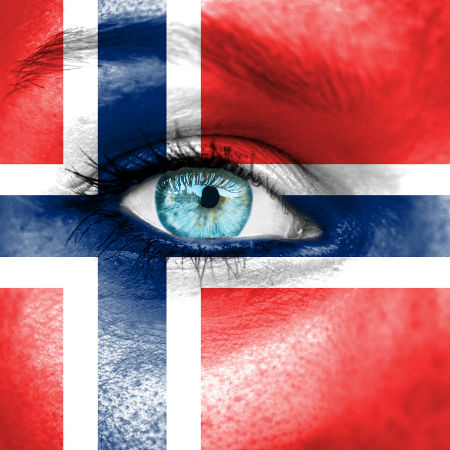
THE ARTIST
This may be a bold claim, but then this is a bold review so it fits, but if any country’s representative truly embodies the spirit of Eurovision, especially in 2019, then it is KEiiNO (pronounced as kæino).
Formed in 2018 specifically to compete in Melodi Grand Prix MGP), the contest that chooses Norway’s entry each year, the band may at first come across as an artificial construct, but take a look at what they’re saying and who they’re saying it with, and you realise what a unique group they truly are and how much the encapsulate the ideals of Eurovision.
Composed of Tom Hugo Hermansen (who goes by the stage name of Tom Hugo) – who wrote the band’s song, “Spirit in the Sky”, with husband Alex Olsson, which has already shot to the top of the Norwegian charts – Fred-René Buljo, a singer and exponent of the traditional form of Sámi music known as “joik” and singer Alexandra Rotan, previous star of MGP Junior and Norwegian Idol, the band’s message reflects historical struggles for equality, and is inspired so their Eurovision bio tells us, by “the Sámi belief that nature gives you strength in times of trouble”.
That, my friends, is everything that is good and inspiring about Norway; so, naturally, you want to hope the song is damn good too, right?
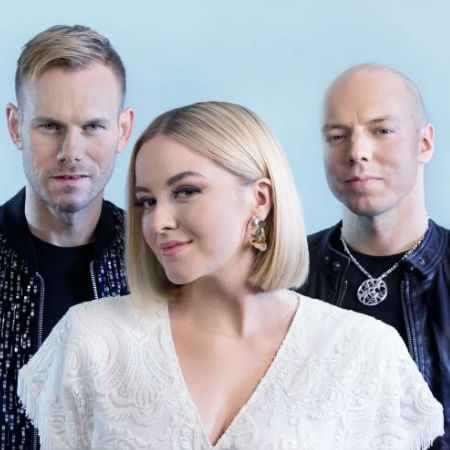
THE SONG
Suffused with the band’s musical mix of electronic pop with Nordic folk melodies and joik, “Spirit in the Sky” is an empowering, fantastically-upbeat song that can’t help but inspire the hell out of you too.
It’s bright, vibrant and beautifully represents the rich diversity of Norway, with the bridge of Buljo’s Sámi chanting as atmospheric as you’re likely to get this year.
It harkens back to the Eurovision hits of old, with its lyrics of progress and inclusion, old and new, marrying beautifully with a musical vibe that is pretty much guaranteed to get the audience out of their seats and dancing up a storm.
And hopefully thinking hard about how humanity is at its richest and best when it embraces its full spectrum of beliefs and truth.
Look for Norway to bolt into the grand final and maybe even the contest with a truly special piece of music.
ROMANIA: “On a Sunday” by Ester Peony
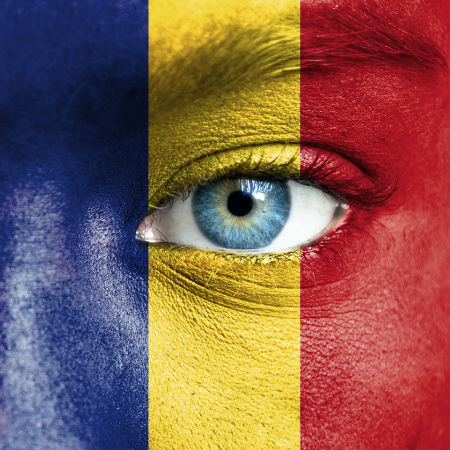
THE ARTIST
Our vibrantly-wonderful multicultural world once again proves in the form of Canadian-Romanian artist, Ester Peony – known to her parents, friends and government authorities as Ester Alexandra Crețu – that there is far more to gain from dancing across borders and cultures than there is lose from it (no matter what the haters may say).
The singer started singing nice and early, at the age of 8, in fact, in her childhood home of Montréal, Canada, deep-diving into jazz before taking on piano and the classic guitar and singing at the ages of 12 through 15 or so at the Dinu Lipatti School in Piteşti back in Romania.
Her love of jazz though never left her and in 2013, she enrolled in the Music Interpretation Faculty in Bucharest, composing for other artists, and then, rather sensibly, herself in 2014 when she released a single with other artists, “Cuminte de Crăciun”.
The true path to glory these days is paved with YouTube videos, a strategy which gained her all kinds of attention, singles, albums, tours and who knows, maybe even a partridge in a pear tree.
With all this professional accomplishment under her belt and at the age of just 23, do more Eurovision-shaped accolades lie in a wait for her in Tel Aviv?
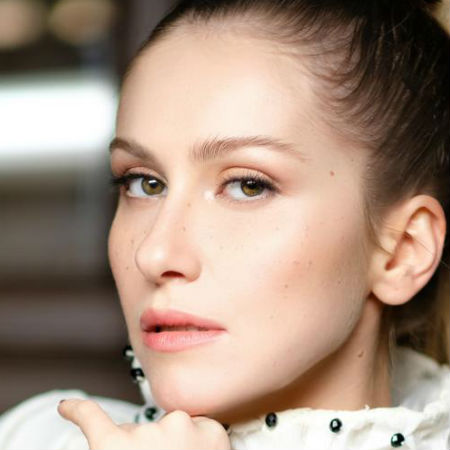
THE SONG
Hard to say.
“On a Sunday” is a sophisticated slow-burning piece of pop, redolent with atmosphere and some emotionally-resonant vocals by Peony (the second part of her stage is inspired by her mother’s name) which give the track the kind of intensely-beautiful, heartfelt vibe that takes it from run-of-the-mill ballad to something truly special.
As a track in and of itself, it’s an arresting piece of work and could well get Romania into the grand final.
Beyond that, its unlikely to take it all the way for the country, lacking that magical “x” factor which could make it a truly memorable song, despite how brilliantly-well it is put together.
RUSSIA: “Scream” by Sergey Lazarev
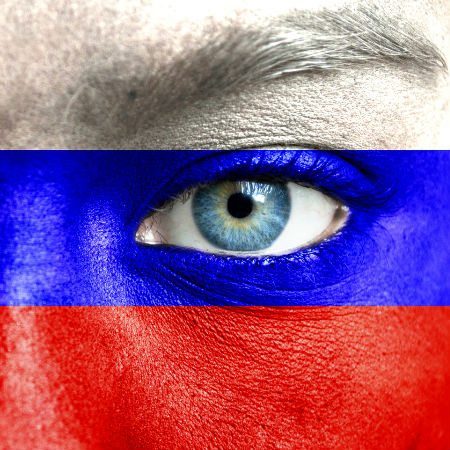
THE ARTIST
He came to Eurovision in 2016, came oh-so-very-close to grabbing the main prize with the song “You Are the Only One” – he won the public vote but came fifth with the juries, relegating him to the runner-up position – and now, like so many artists this year, he’s back!
But Eurovision is, after all, a singing contest, all evidence to the contrary at times, and in that respect, Lazarev most certainly has what it takes to make his mark … again.
A singer from a young age, he grew up in the public eye, adding acting and TV presenting (including voice work on a lot of animated features) to his considerable talents along with the way (along with, clearly, a fairly formidable gym routine).
But it’s as a singer that he’s best known, with a slew of awards to prove it; still like every aspiring Eurovision entrant the only award that matters now is winning Eurovision. Can he do it this time around, especially given how close he came in 2016?
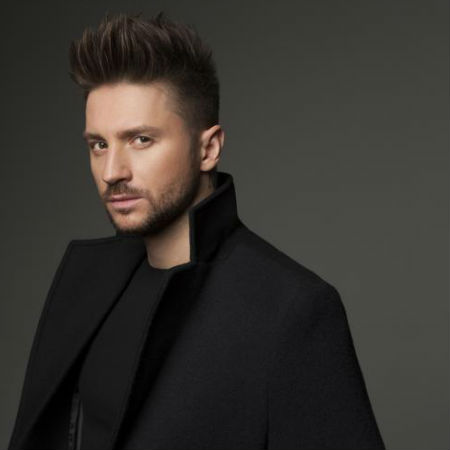
THE SONG
You’d like to think so, wouldn’t you?
I mean, when you’ve come that close once, surely the second time damn near calls for a fairytale win?
In theory, yes, but while “Scream” has a certain ethereally-luscious energy to it, and an emotional resonance of sorts, it fails to really ignite on any real level.
You can tell that it was written to capture a certain Eurovision je ne sais quoi and yes, it is in and of itself a strong enough song but it finishes and disappears into the ether never to be heard from again.
It’s good enough to get Russia into the grand final, but look for it to rocket to the top of the voting unless Lazarev pulls the performance of a lifetime from his pocket, which to be fair, he is more than capable of doing.
SWEDEN: “Too Late For Love” by John Lundvik
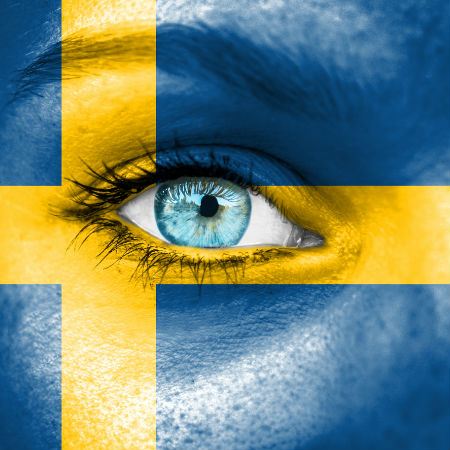
THE ARTIST
A former sprinter for IFK Växjö, a sports club that’s a century old this year (so an athletic happy birthday to them!), John Lundvik is a singer and songwriter who was adopted when he was a baby in London by Swedish expatriate parents.
Shooting onto the public’s radar when he composed a song, “When You Tell the World You’re Mine”, for no less than Victoria, Crown Princess of Sweden when she married Daniel Westling in 2010, Lundvik has gone on to compose music for the film Easy Money, the TV series Empire and written and performed the song “All about the Games”, which was the official Swedish track for the Olympic Games in Rio in 2016.
As an example of consolidating on early promise and success, that’s pretty hard to beat.
He even managed to make it to the final of Sweden’s official selection process for Eurovision, arguably the most-high profile of any country’s, in 2018 with “My Turn” (alas, it wasn’t; he came third) before finding success in 2019 with “Too Late For Love”.
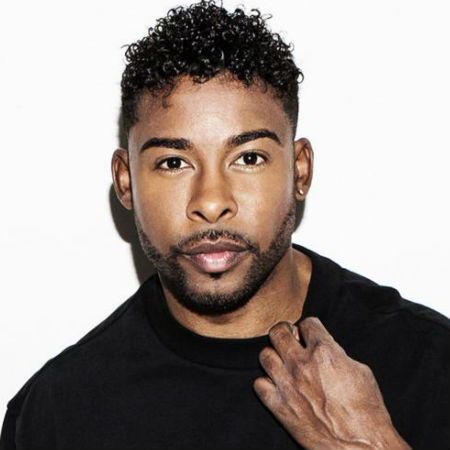
THE SONG
It’s not too hard to see why.
“Too Late for Love” is a knock it out of the park piece of massively-emotional pop, anchored by Lundvik’s powerhouse vocals which drive the song memorably from start to finish.
His Eurovision bio rather breathlessly says that Lundvik is “an incredibly authentic singer who, with intimacy and great musicality, raises the level of the Swedish music scene”, and while that’s a little hyperbolic, OK a lot, he does deliver the goods when it comes to emotive vocals and an elevation of the song which is already a fine piece of pop, proof that the artist who co-wrote the song with Anderz Wrehov and Andreas Stone Johansson, has what it takes on just about every level.
Lordy, does he what! It’s hard not to see him and this fine song (which, not surprisingly, has hit the top of the charts in Sweden) propelling one of Eurovision’s most successful entrant countries into the grand final with an empathic endorsement that could very well see it win the contest.
Better get ready to host again Sweden …
SWITZERLAND: “She Got Me” by Luca Hänni
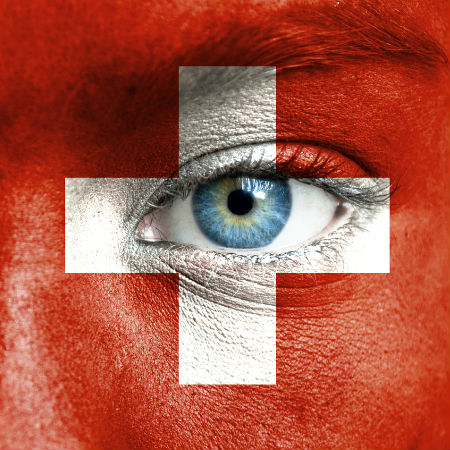
THE ARTIST
If you were to shout out “Hey there, good looking” to Swiss entrant Luca Hänni, odds are that he wouldn’t be offended in the slightest.
Why is that, you ask?
Because Hänni is not simply a talented singer-songwriter, he is also a model, who rather handily, taught himself guitar and paino by age nine, as well as taking drumming lessons in kindergarten, the product of being born into a musical family.
Yep, handsome and ridiculously-accomplished – is there no end to his stellar life achievements?
Apparently, not with the artist known for winning season 9 of Deutschland sucht den Superstar in 2012, having his debut single go number one in Germany, Austria and Switzerland, a feat followed, quite naturally, with sold-out concert tours, festivals, TV shows and the awarding of a number of prestigious music prizes.
Yep, Hänni has it going on in a big way but is he well-placed to add Eurovision to his list of genetically-enhanced CV highlights?
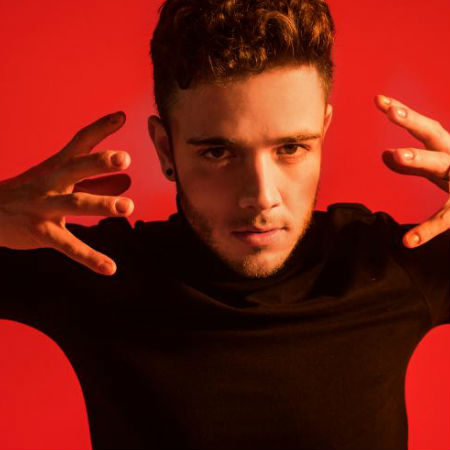
THE SONG
Exuding all manner of sartorial and musical cool, Hänni has the voice, the song and the presence to take Switzerland into the grand final and atop the top of the dais.
Infused with an almost-Turkic vibe, “She Got Me” is a song about the power of Cupid’s arrow to completely captivate and take you over, helped along by one half of the party being all too aware of their intensity of their attraction.
In some ways, the song is purely standardised pop but Hänni makes it come alive, his vocal flourishes and melodic bells and whistles kicking the song up into a whole other infectious stratosphere.
Far be it from me to make anyone feel even slightly bad about themselves but if this song doesn’t move you and your feet in some fairly fundamental ways, then I’d question if you’re even human at all.
THE NETHERLANDS: “Arcade” by Duncan Laurence
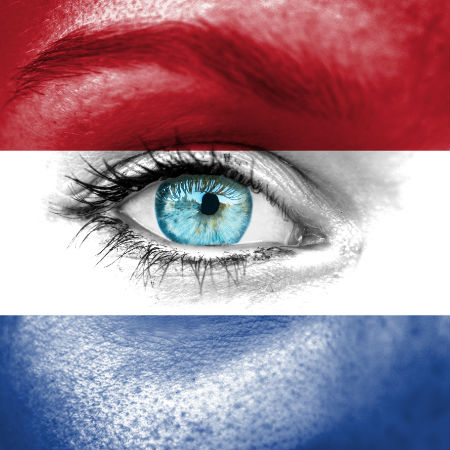
THE ARTIST
If you read the bios of most Eurovision entrants, you would rightly come to the conclusion that music is something that is everywhere and all at once, a constant presence and lure that makes giving into its siren song all but impossible.
That is, until you come to The Netherlands’ Duncan Laurence for whom music was a “stranger” in his formative years.
“I grew up in a town where music was a stranger. Music had no part in the regular school system. But that couldn’t keep me from making music. Somehow I was drawn to its magical ways to express myself and tell my own story. We had a small local theatre and an old music school. I played the piano every single day, wrote my own songs and poems. I remember that time as if it was yesterday. I was certain: I was going to be a musician.” (Eurovision.tv)
If you think that was some kind of whimsical decison, consider that Laurence had to navigate incessant bullying growing up, making music as much an escape as a heartfelt-vocation.
So completely did music envelope the artist’s life than he won a talent show at 16, which in turn gave him the opportunity to enrol a demo, enrol in the Rock Academy (seriously, if you’re going to study anywhere, it should have a cool name like that), visit London and Stockholm where he learned that “you can appeal to a big audience, without losing track of your personal story or your integrity.”
It’s a deeply personal route to musical fulfilment and success and you can only hope that Laurence has a song every bit as good as his tenacity and perseveranc …
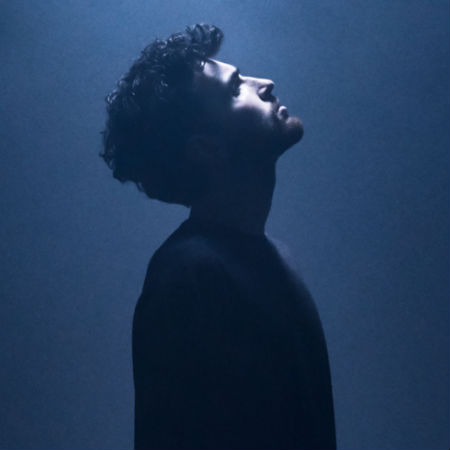
THE SONG
The good news? He most certainly does.
“Arcade”, written by the artists with Joel Sjöö and Wouter Hardy is gorgeously, emotionally-resonant.
His vocal trembles with the kind of heartfelt emotive delivery you either have as a singer or you don’t, adding immeasurable impact to a song that on its own is rich with humanity and lived-truthfulness.
Lyrically, the song could be considered reasonably cookie-cutter but it’s elevated to the pop stratosphere by Laurence’s vocal magic which makes every last note feel as if its delivery is a matter of life and death and by a melody that cuts right to the heart every single damn time.
It’s a beautiful, exquisitely-lovely song, sung by a man who has known pain and loss but who has also made it out the other side, as triumphantly as you can expect anyone to.
You can only hope that Eurovision’s juries and voters see the humanity in this remarkably touching song too.
EUROVISION EXTRA EXTRA!
So what happened in Eurovision-land, up to and including 30 April? Thank you for asking! Here’s what …
MY SEMI FINAL 2 TOP 10
So drum roll if you please maestro!
Which ten songs do I foolishly predict (with a usual 50% accuracy, proving I do not know the mind of Europe or my home country Australia) will garner themselves a coveted grand final spot? (These are not, by the way, in any particular order.)
ARMENIA: “Walking Out” by Srbuk
AZERBAIJAN: “Truth” by Chingiz
MALTA: “Chameleon” by Michela
MOLDOVA: “Stay” by Anna Odobescu
NORTH MACEDONIA: “Proud” by Tamara Todevska
NORWAY: “Spirit in the Sky”
RUSSIA: “Scream” by Sergey Lazarev
SWEDEN: “Too Late For Love” by John Lundvik
SWITZERLAND: “She Got Me” by Luca Hänni
THE NETHERLANDS: “Arcade” by Duncan Laurence